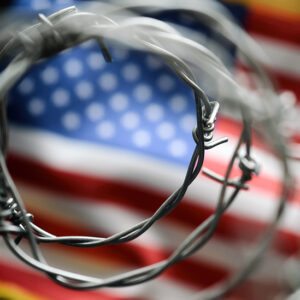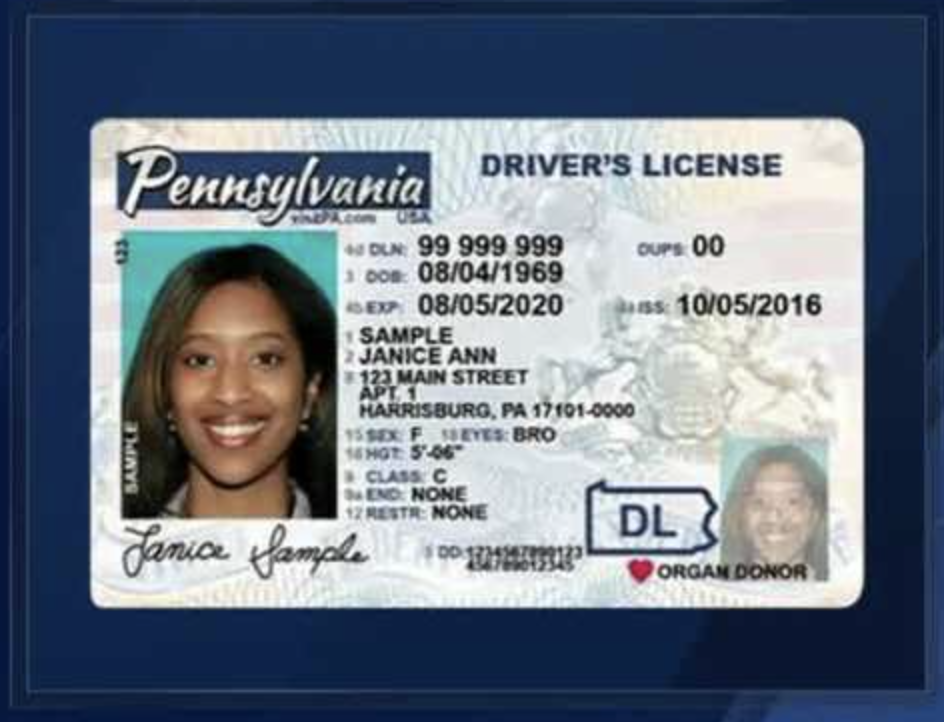NBC News’ Own ‘Underage Migrant’ Gaffe Reveals Challenge Facing Employers
NBC News made news of its own recently when it was forced to retract its investigative story about “Pedro,” whom the network presented as a 16-year-old from Guatemala who got a job cleaning slaughterhouses in Kansas.
Pedro was in fact 21, and his story was as fake as the documents he got from the criminal network that helped him both cross the border and illegally obtain a job.
His employer, Packers Sanitation Services Inc. (PSSI), says NBC’s gaffe shows the no-win situation for employers trying to hire immigrant workers and play by the rules — a sentiment echoed by a growing number of immigration and labor experts.
The industrial services company provides good-paying jobs for hard workers with relatively few skills, making it a magnet for immigrants who want to work. But the flood of undocumented migrants, along with a wave of identity theft and fake IDs, has left PSSI and other businesses stranded on the front line of immigrant enforcement.
As PSSI said in a statement when NBC first aired the erroneous report, this is part of a national problem facing companies from coast to coast. “There is increasing identity fraud facing employers, government officials, and many others – even journalists – amid a record crisis of unaccompanied minors entering the United States’ increasingly strained shelter/sponsor system.”
Experts warn that the situation is getting worse as more migrants pour across the border. Jessica Vaughan with the Center for Immigration Studies said that while some employers don’t do enough to keep from hiring undocumented workers, the real culprit is the federal government.
“Pedro had no trouble taking advantage of dysfunctional border policies that wave in anyone claiming to be a minor,” Vaughan said. “And since fake documents worked at the border, why not use more fake documents to get a job? “I’m not generally sympathetic to employers, but it’s unrealistic to expect a business owner to be expert lie detectors and forensic document experts.”
Not that large employers don’t try. Hearthside Food Solutions in Grand Rapids, Mich. has used e-Verify as part of its hiring policy for more than a decade. The company “has a strict policy against employing individuals under the age of 18,” CEO Darlene Nicosia said in a statement. “Nor do we use staffing agencies that hire people under the age of 18 to work in our facilities, even on a temporary basis.”
Hearthside issued that statement after a New York Times report earlier this year on a 15-year-old girl working in one of its food packaging plants.
“When The New York Times reported that underage workers who may have used falsified documents were hired by staffing agencies, and later assigned to temporarily work at places like and including Hearthside, it came as a shock and major disappointment to us,” Nicosia said.
PSSI has also used e-Verify for 20 years. And the company has invested more than $10 million in “biometric identify verification” and other measures to comply with workplace safety and other standards.
But how can these businesses be a bulwark of enforcement in an environment where, according to the federal government, an estimated eight million undocumented immigrants are in the U.S. workforce, including 250,000 minors whom the U.S. government has allowed to enter the country without their parents in just the past two years alone?
And the problem is likely to increase exponentially as Title 42 rules that governed the border expire on May 11 and even more migrants cross into the U.S. Tens of thousands of would-be immigrants have already amassed in Juarez, Mexico. Federal officials report that just in the 10-day period ending May 2, more than 73,000 migrants illegally crossed the southern border.
As for the exploitation of migrants under 18, that shouldn’t come as a surprise to the Biden administration. In 2016, when Biden was vice president and current DHS Secretary Alejandro Mayorkas served as deputy, the Senate released a scathing bipartisan report on the treatment of underage migrants in the U.S. The investigation was inspired by the horrific treatment of children working at egg farms in Marion, Ohio.
“Unaccompanied children are uniquely vulnerable to human trafficking because many are in debt to the smugglers who arrange for their passage,” Sen. Rob Portman (R-Ohio) wrote in 2016. “The risk is that the smugglers may then force them to work off that debt once they arrive. That’s why federal law specifically requires the Department of Health and Human Services to protect those kids from traffickers and others who seek to victimize them.”
“The subcommittee’s investigation also revealed that HHS has failed to address systematic deficiencies in their placement process, even after these deficiencies were highlighted by the Ohio case,” added Sen. Claire McCaskill (D-Mo.)
American business owners want to be part of the solution, they say, but argue they can’t be the entire solution. Without federal enforcement and some limit to the flow of undocumented migrants, the problem will continue.
“As citizens and as parents, we don’t want a single person under 18 working for PSSI, period,” said Gina Swenson, a PSSI spokesperson. “This isn’t about economics. It’s about doing the right thing.”





